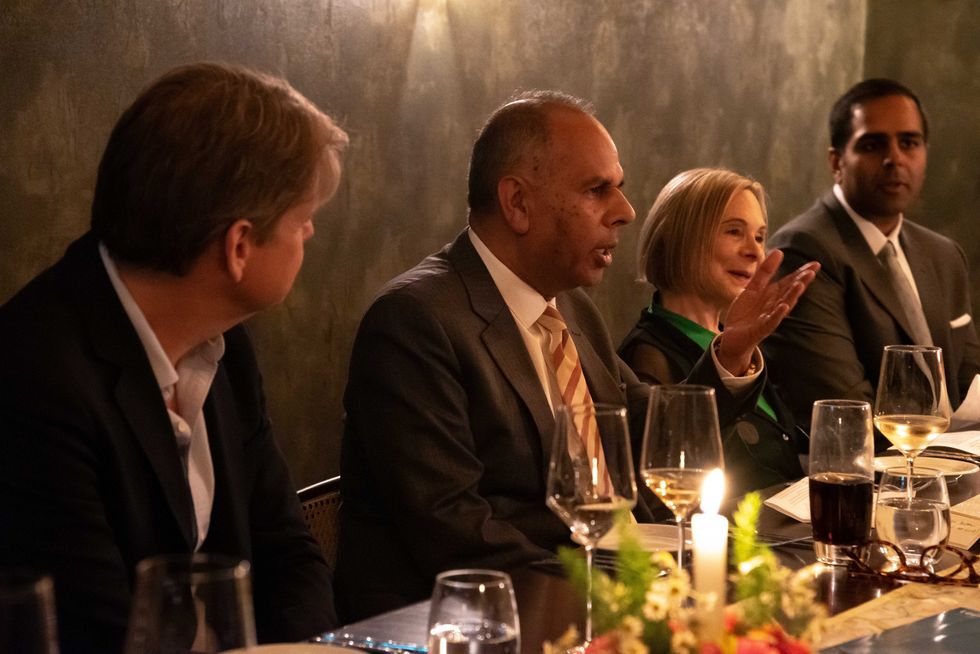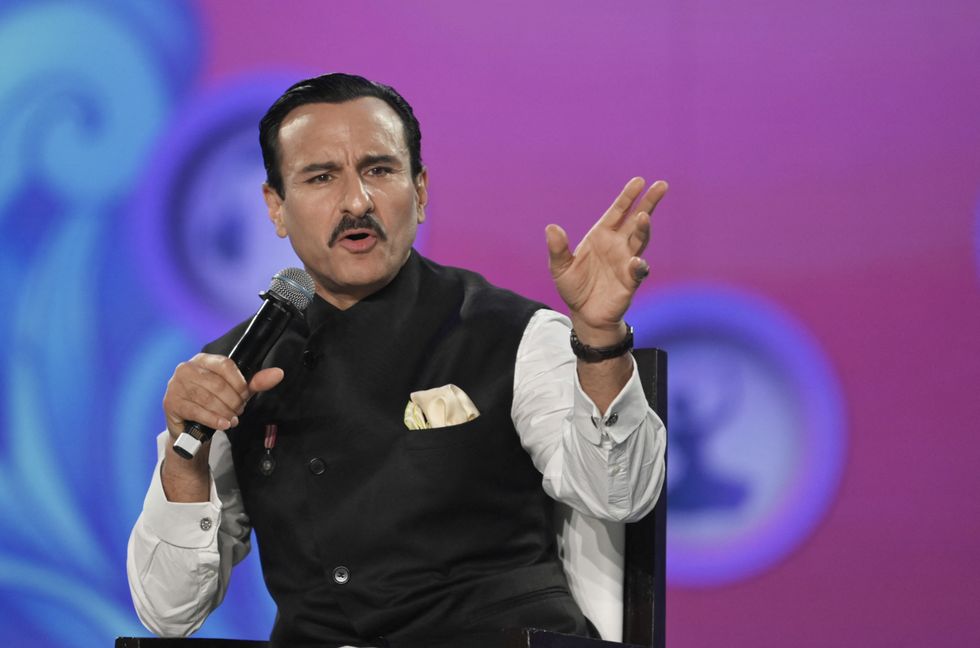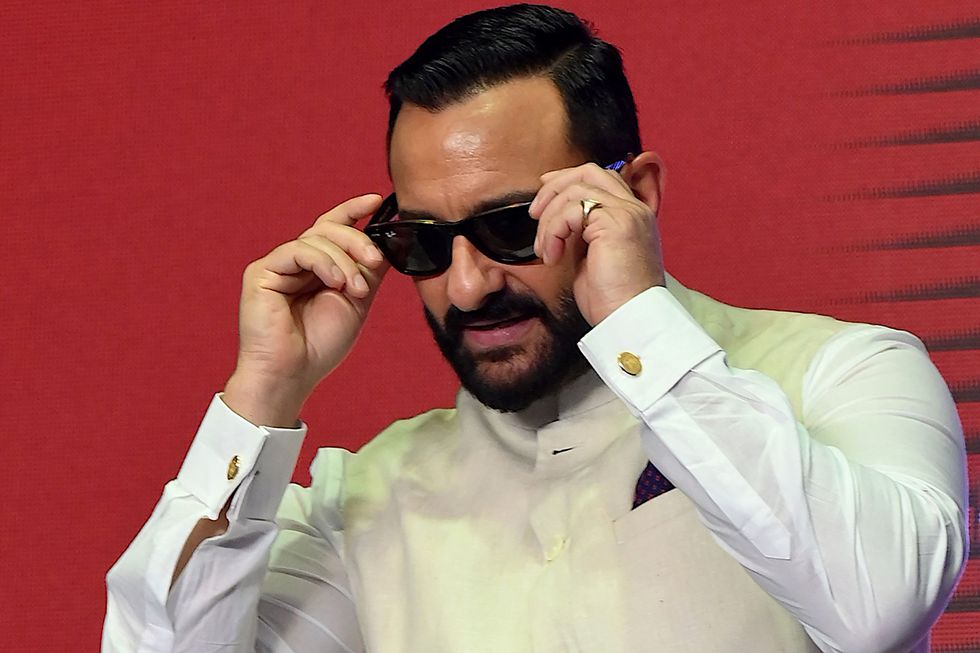INDIA seamer Jasprit Bumrah has been rested for the fourth test against England, while wicketkeeper-batsman KL Rahul remains out due to fitness issues, the Board of Control for Cricket in India (BCCI) said.
The 30-year-old right-arm fast bowler, the leading wicket-taker of the five-match series with 17 wickets in six innings, has been released from the fourth test in order to manage his workload. Mohammed Siraj will lead the Indian pace attack in the absence of Bumrah.
Rahul, 31, has been battling fitness issues and missed the last two test matches. Rahul's participation in the final test in Dharamsala is subject to fitness, the BCCI said.
"Bumrah has been released from the squad for the fourth test against England in Ranchi. The decision was taken keeping in mind the duration of the series and amount of cricket he has played in recent times," the BCCI said in a statement.
"Mukesh Kumar, who was released from the squad in the third test in Rajkot, has joined the squad in Ranchi."
Hosts India lead the five-match test series 2-1. The fourth test will be held in Ranchi, Jharkhand, from Feb. 23-27.
India squad for the fourth Test
Rohit Sharma (C), Yashasvi Jaiswal, Shubman Gill, Rajat Patidar, Sarfaraz Khan, Dhruv Jurel (WK), KS Bharat (WK), Devdutt Padikkal, Ravichandran Ashwin, Ravindra Jadeja, Axar Patel, Washington Sundar, Kuldeep Yadav, Mohammed Siraj, Mukesh Kumar, Akash Deep.
(Reuters)
















 The event was hosted by Kalpesh Solanki, Group Managing Editor of Asian Media Group and President of the 100 Club.
The event was hosted by Kalpesh Solanki, Group Managing Editor of Asian Media Group and President of the 100 Club. 


 Saif Ali Khan’s royal inheritance in Bhopal declared enemy property after court verdictGetty Images
Saif Ali Khan’s royal inheritance in Bhopal declared enemy property after court verdictGetty Images  Saif Ali Khan with family Getty Images
Saif Ali Khan with family Getty Images An exterior view of the Noor Us Sabah Palace now listed under enemy property Getty Images
An exterior view of the Noor Us Sabah Palace now listed under enemy property Getty Images Saif Ali Khan loses claim to Pataudi family properties as court cites Pakistan connectionGetty Images
Saif Ali Khan loses claim to Pataudi family properties as court cites Pakistan connectionGetty Images